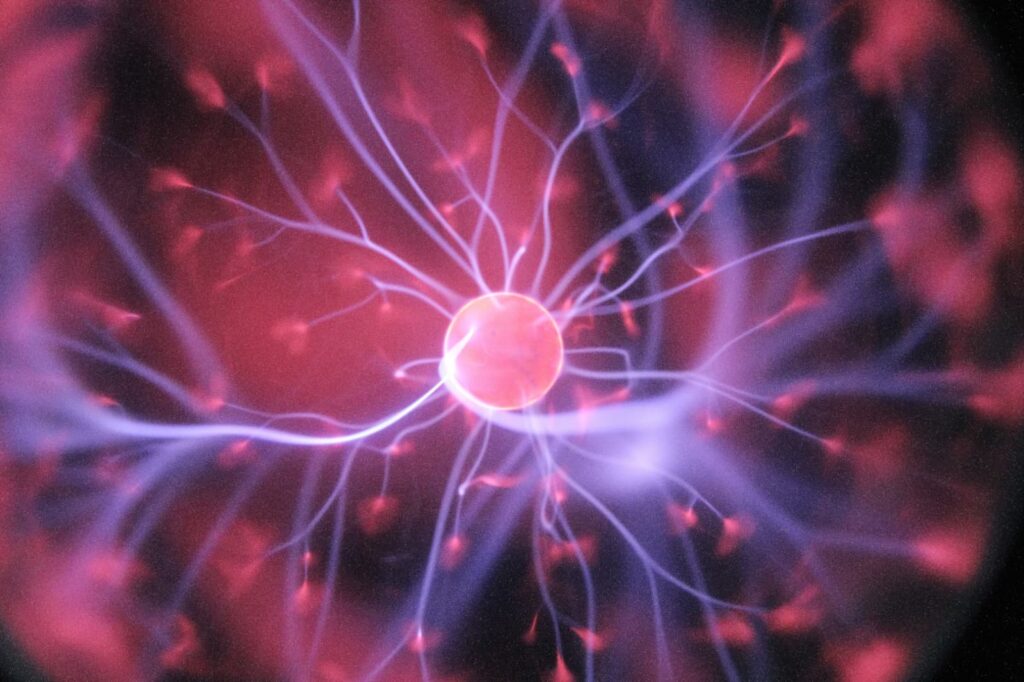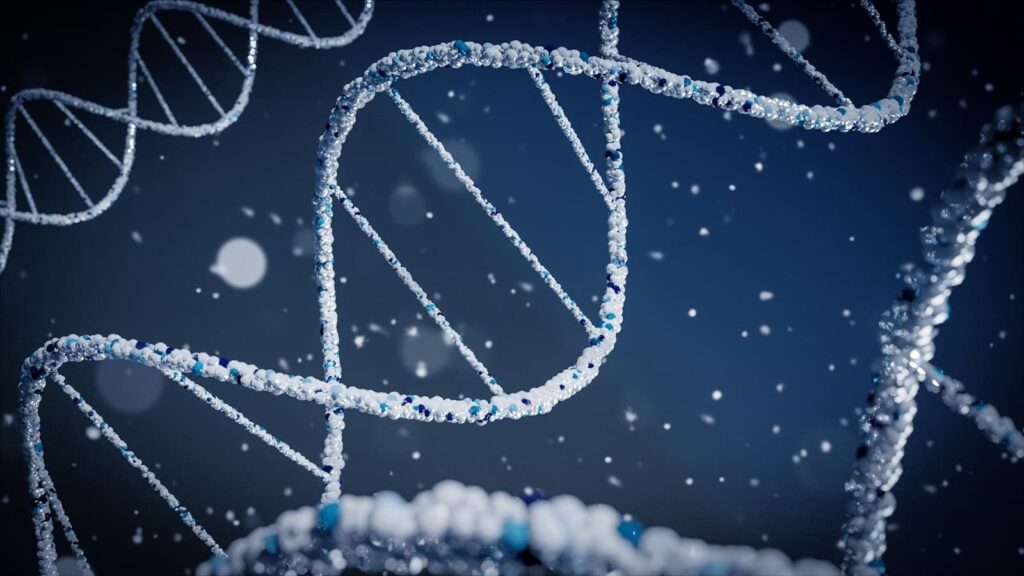
Deciding to donate your body to science is a generous and impactful choice that can significantly advance medical research and education. This guide provides a comprehensive overview of the process, requirements, and considerations for making such a donation in the United States.
Understanding the Benefits of Body Donation
Body donation is a crucial resource for medical students, researchers, and healthcare professionals. By donating your body, you provide invaluable hands-on experiences for surgical training, anatomical studies, and testing new medical techniques and devices. This contribution enhances scientific understanding and plays a vital role in improving patient care and treatment outcomes across the globe.
Your decision to donate your body to science bolsters academic learning and directly supports innovations in medical procedures and pharmaceutical developments. Donated bodies can help perfect surgical methods and enhance the safety of new treatments before they reach the public. Furthermore, your contribution aids forensic science students in understanding the complexities of the human body, which is essential for solving crimes. Additionally, it helps researchers develop better models for understanding diseases and testing interventions in a real-world context. Ultimately, this act of donation has the power to push forward the boundaries of medical science, leading to breakthroughs that can transform healthcare for future generations.
Eligibility Criteria for Donating Your Body
Before you consider donating your body to science, it’s important to understand the typical eligibility requirements:
- Age: Most programs require donors to be at least 18 years old. This legal threshold ensures that donors can make informed decisions about their bodies.
- Medical History: While many conditions do not disqualify you, certain infectious diseases like HIV/AIDS or hepatitis may prevent donation. Programs often conduct a preliminary review to ensure safety in handling and studying the body.
- Body Integrity: Severe obesity or the presence of extensive surgical implants can also be disqualifying factors. These conditions may interfere with the educational utility of the donation or the ability to perform certain medical studies.
- Place of Death: Some programs may have restrictions based on where the donor passes away, due to logistical reasons related to transporting the body.
- Prior Organ Donation: If you have already donated organs for transplant, you may still be eligible to donate your body to science; however, this can vary by program.
It’s essential to check specific criteria with the institution you are considering, as requirements can vary. Each program has its protocols and areas of focus, so finding one that aligns with your wishes is crucial for a successful donation process.
Step-by-Step Guide to Donating Your Body
Choosing to donate your body to science is a commendable decision, and following the correct procedures is crucial for a smooth process. Here’s a clear, step-by-step guide to ensure your generous gift is utilized effectively.
- Research and Select a Program
Start by identifying medical schools, universities, or other facilities in your area that accept body donations. Most major medical institutions have programs in place and provide detailed information on their websites.
- Understand the Program’s Policies
Each program has its own set of policies regarding body donation. Key points to consider include:
- Handling of the body: What procedures are followed from donation to eventual disposition?
- Cost: Are there any costs involved for you or your family?
- Return of remains: Are cremated remains returned to the family? If so, how long will this take?
- Complete the Consent Forms
Once you have selected a program, you will need to complete and sign consent forms. These forms are legally binding and ensure that your wishes are respected. It’s advisable to discuss your decision with family members to prepare them and ensure your wishes are carried out without complications.
- Inform Your Family and Healthcare Provider
Inform your family, doctor, and perhaps a lawyer about your decision. This step ensures that everyone involved in your care is aware of your wishes and can act accordingly when the time comes.
- Prepare for the End of Life
Although it’s a challenging subject, preparing for end-of-life involves ensuring all documentation is accessible. Keeping a copy of your donation forms with your important papers and advising your family where these are kept can ease the process.
Taking these steps ensures your intent to donate your body to science is honored effectively and respectfully. This final act of giving can provide immense benefits to the medical community, aiding in education and the advancement of medical research. Your thoughtful planning and communication make this invaluable contribution possible.

Common Concerns and Misconceptions
When considering donating your body to science, you might encounter some common concerns and myths that can cause hesitation. It’s essential to dispel these misconceptions with accurate information to make an informed decision.
- Myth: “My family will not be able to have a funeral.”
- Fact: Most body donation programs allow for a memorial service or celebration of life without the body present. Some even return the cremated remains to the family afterward, allowing for traditional burial services if desired.
- Myth: “Body donation might conflict with my religious beliefs.”
- Fact: Many religious groups support and encourage organ and body donation as acts of charity and goodwill. However, consulting with your spiritual leader can provide clarity and peace of mind.
Addressing these myths and learning the facts can alleviate any doubts you or your family might have about the process of donating your body to science. By clarifying these misconceptions, you can ensure that your contribution to medical science is made with a full understanding and comfort, aligning with your values and wishes.
Conclusion
Donating your body to science is a profound gift to future generations. It supports education, advances medical research, and ultimately contributes to saving lives. If you are considering this option, take the time to research, prepare, and discuss your decision with loved ones to ensure everything proceeds smoothly. This act of generosity leaves a legacy that extends far beyond one’s lifetime, impacting the medical community and future healthcare advancements.
Last modified: June 3, 2024

